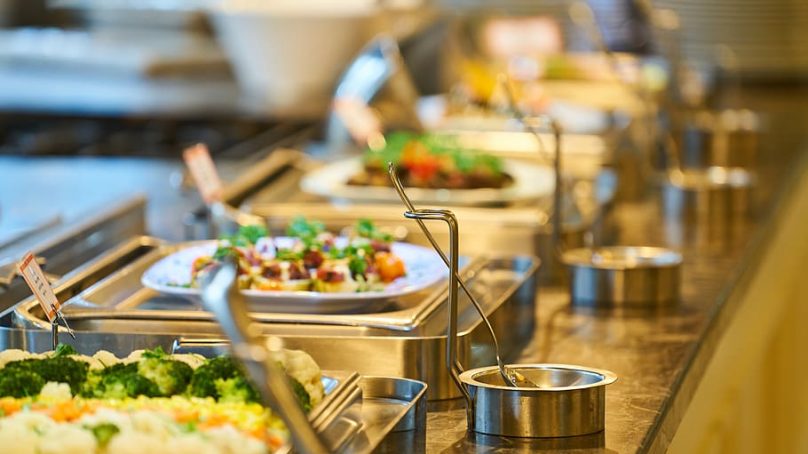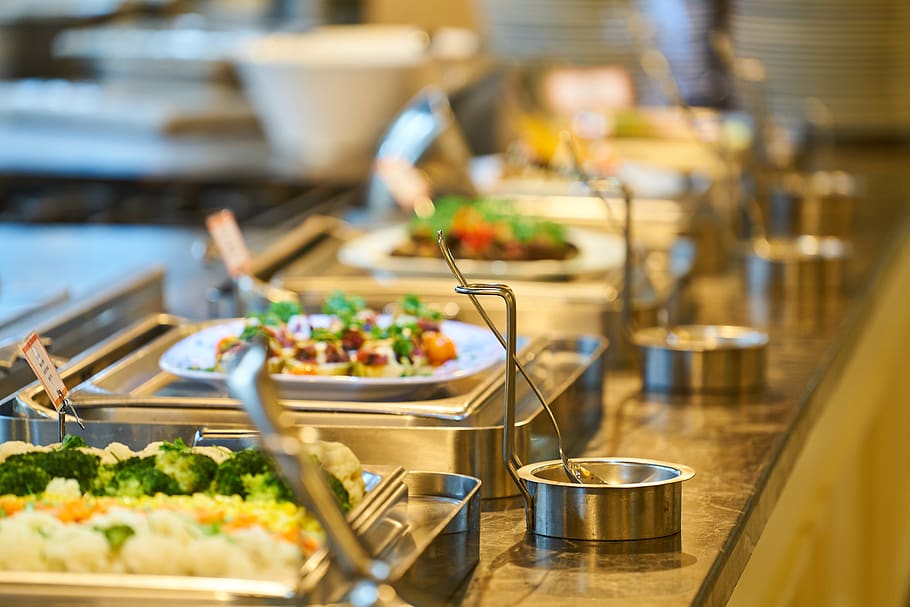
 As the outbreak of COVID-19 disrupted the entire F&B industry, many believe that some food concepts, such as Quick Service Restaurants (QSR) will have better survival chances than others.
As the outbreak of COVID-19 disrupted the entire F&B industry, many believe that some food concepts, such as Quick Service Restaurants (QSR) will have better survival chances than others.

Naim Maadad
HN spoke with Naim Maadad, cofounder of Middle East Restaurant Association (MERA) and chief executive & founder of Gates Hospitality to highlight his perspective and how the F&B industry would be impacted.
“The Quick Service Restaurants – QSR business, by definition, is about serving customers at speed. I do believe that if QSRs act quickly in this pandemic crisis to meet the changing needs of consumers while prioritizing health and well-being, they cannot only withstand these difficult times but also build valuable capabilities for resilience and success in the future,” he explained.
Away from the heat, light on the purse
As the region has moved into the summer months, even from the trend last year, people prefer to order deliveries from the quick service and fast food brands. This is due to the scorching heat of the summer and temptations to stay indoors. The COVID-19 situation has triggered the push towards the QSR and Fast Food Brands. The reason is more focused on offers and packages with a direct saving on the purse. The limited access to disposable income has put a break on food spend patterns in the current scenario. The fast food branded food – especially pizzas and burgers are known to travel well during deliveries. These brands have added their delivery logistics capabilities to manage the enhanced volume of demand, Maadad detailed. “Saving money is the need of the hour and renowned for their casualness and reasonable pricing factor is a great magnet which pulls customers to them. Consumers are now well aware of how much they can afford to spend and hence look out for promotional offers and discount packages on offer. Value for money is the key factor.”
Capture returning demand
As stay-at-home mandates begin to lift and restaurants reopen, QSRs will need to have plans in place to capture returning demand. “A return to previous demand levels won’t happen right away, so QSRs will need to take a phased approach to bringing back manpower, dine-in operations, and supply-chain support,” he said. He added that in the immediate post-pandemic period, we would see QSR companies choosing between two sets of strategic actions, depending largely on each QSR brand’s financial and competitive position. Companies with low liquidity and weak competitive differentiators would need to pursue “preserve and grow” actions. On the other hand, companies with strong financial fundamentals and competitive advantages can aggressively build on their strengths. QSR brand companies that entered the crisis from a position of strength will, of course, have more options and greater flexibility in preparing for the revival path forward. “I do believe that this trend is applicable to our region. The popularity of the QSR and Fast Food chains would continue to grow through the pandemic months.”
Add to Favorites














